Exclusive | Politicians urge NHS England to make PrEP available
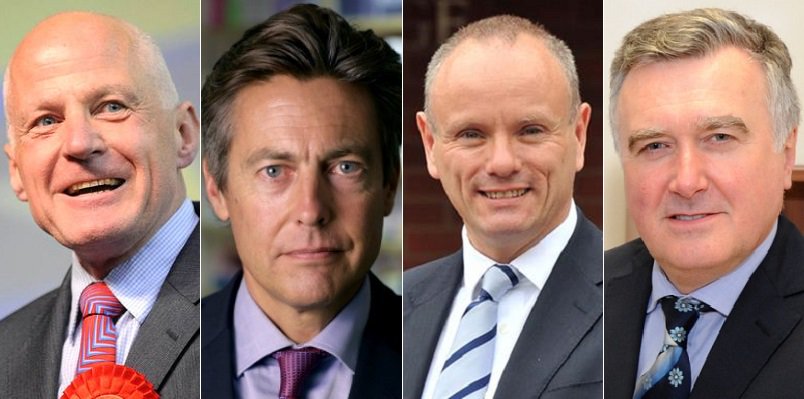
Politicians from the UK’s three largest political parties have urged NHS England to make PrEP widely available to those most at risk of HIV transmission.
“Why they cannot see the sense in doing this baffles me,” says Labour’s Lord Cashman. “I was staggered…that they weren’t going ahead with PrEP. It will have to be introduced sooner rather than later. If it’s introduced sooner this shows leadership, it shows direction and it shows the approach to equality of access and equality of treatment which should be the bedrock of the NHS.”
Truvada, which is taken in a prevention regime referred to as PrEP (pre-exposure prophylaxis), has proved extremely effective at reducing the risk of HIV infection. Despite this it was removed from the consideration process on March 21st by NHS England in a contentious announcement, one which was fiercely criticised by HIV charities, campaigners and the media.
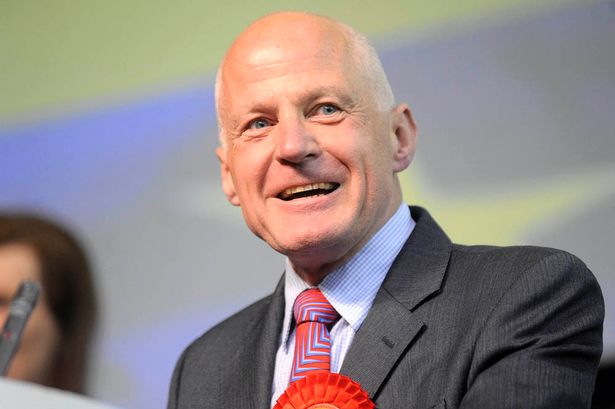
NHS England has now announced it intends to reconsider its controversial decision, following the threat of legal action from the National AIDS Trust and the subsequent backlash.
“It was completely unjustified by the science and by the evidence,” says Labour MP Ben Bradshaw, reflecting on NHS England’s initial decision to withhold PrEP. “It was a devastating blow and, in effect, a U-turn by the government. We have become complacent in recent years. People thought the HIV epidemic is all over, that it’s not a fatal illness anymore, that we don’t need to worry about it anymore. That would be such a misguided approach.”
NHS England’s previous decision was made after an 18-month consultation into the feasibility and efficacy of PrEP. The reason cited for not commissioning the drug was that responsibility for commissioning HIV prevention services did not lie with NHS England. Instead it planned to continue with ‘test sites’ for the next two years, making it available to just 500 gay men most at risk of HIV infection. An estimated 5,000 gay men are expected to be diagnosed with HIV over the same period. Other vulnerable groups, such as the trans community and sex workers, were overlooked entirely.
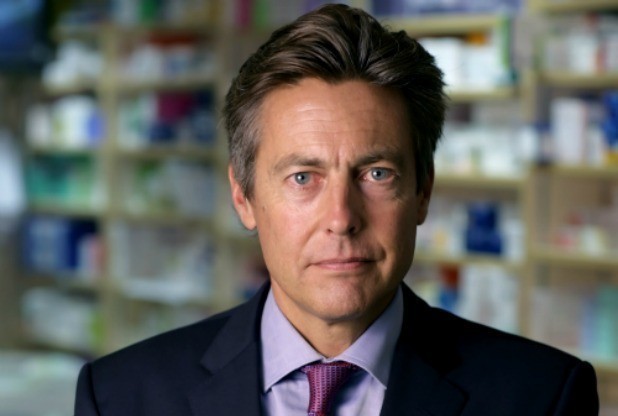
“We know that public health and preventative action is being cut across the board, but prevention and public health are the very last areas that you should cut when you’re short of money, because they save you money,” says Bradshaw. “It’s a false economy. We’re storing up all sorts of problems for the future if this decision isn’t revisited.”
It’s estimated that the lifetime cost of treating one person living with HIV is around £380,000, with the average monthly cost for someone outside London standing at roughly £504 per month. The cost of providing one patient with PrEP is estimated at £360 per month. According to the NHS, the life expectancy of someone living with HIV in the UK, who is on and responding to anti-retrovirals, is no different to the general population; coupled with the steadily rising rate of new diagnoses, it means the total budget for treating HIV in the UK will likely increase significantly in coming years.
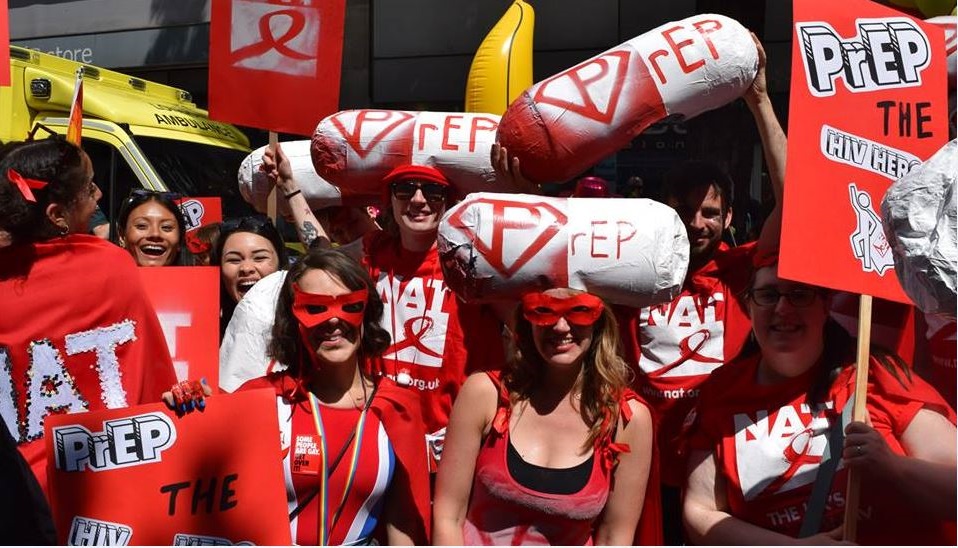
“It seemed as if NHS England were almost abdicating their responsibility for public health and prevention and palming it off on local authorities,” says Bradshaw. “If there’s any example of a preventative programme which you can’t leave to local authorities to fund, particularly with their current funding pressures, it’s something like this. This is the first policy decision which has broken with the political consensus that has helped us in Britain deal with HIV ever since it first emerged in the 1980s. And that’s worrying.”
While numerous politicians, charities and sexual health campaigners have urged NHS England to make PrEP available, the consensus on how to get there is unclear. Even with strong political support for the drug and the recent decision to reconsider, it’s unlikely a complete reversal of NHS England’s decision will be secured in the short term, particularly considering the confusion over which body is accountable for commissioning PrEP, with both NHS England and local authorities refusing to accept responsibility.
“My understanding is [PrEP] is truly HIV prevention which is clearly a local CCG (Clinical Commissioning Groups) issue,” says Conservative MP Mike Freer, who also chairs the All-Party Parliamentary Group on HIV and AIDS. “Of course the local councils will push back, because they don’t necessarily want to have to pick up the bill. Where I think the NHS have got it wrong is they appear…[to have] just batted it away down to CCG. I’m not confident the NHS can make any decisions quickly, but you can get them to change their mind if we bang their heads for long enough…the key is we don’t let NHS England off the hook.”
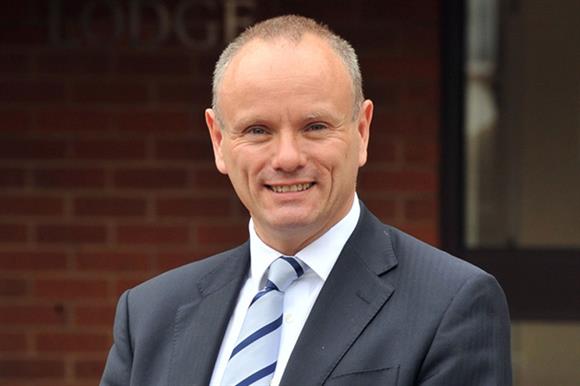
The PrEP debate comes at a time when HIV prevention and support services are facing extensive funding cuts, due to severe reductions to local council budgets. It’s left charities like Positive Action in South East England struggling to maintain the services it provides to those living with HIV. Amidst a backdrop of steadily rising HIV transmissions across the general population (6,151 in 2014 up from the 6,032 in 2013), the indication is that current prevention strategies are failing, a scenario which will likely worsen should cuts to prevention services continue. If the NHS is to successfully tackle rising transmissions, it will likely need to rethink its current prevention strategy.
“I’m old enough to remember the start of the HIV [epidemic] and I lost lots of friends to AIDS,” says Freer. “The needs today are still very different to 20-30 years ago. That’s the why I think the Department of Health is right, through the HIV Innovation Fund, to be looking at new ways. If you just do what you’ve always done for the past ten years nothing will change. What we’ve been doing for the last few years clearly isn’t making an impact. We need to do something different.”
With PrEP already available privately in the UK, other politicians are concerned that it’s feeding into a two-tier health system. “PrEP…is available privately, but I think that’s quite disturbing that you can get it privately but not on the National Health Service,” says SNP MP John Nicolson. “I think it’s a worrying development, I don’t think it’s good that people who have money in the United Kingdom should have access to life saving health treatment that people who don’t have money should get.
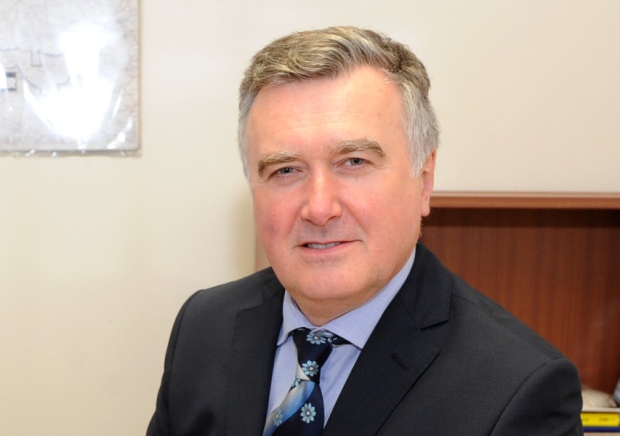
“[NHS England’s earlier decision] really didn’t make any sense given that what we know from the clinical trials,” he continues. “To delay for another two years with more trials, I just can’t see the logic in that.”
Convincing NHS England to reconsider its initial conclusion represents a significant success for those who fervidly fought against it. But the reality is it’s just the first step in what will likely be an arduous consultation process, one which could still see NHS England revert back to its original verdict. With PrEP already available in countries such as the US, Israel, Canada and France, reinstating NHS England’s previous decision will send out a blunt message to those most vulnerable and at risk from HIV infection in the UK.
“This is a defining issue for this government about whether it is serious in continuing the United Kingdom’s international lead in the field of HIV, and whether it really is committed to defending gay and bisexual men who are particularly at threat in this new epidemic,” says Labour’s Lord Cashman. “If not they are signalling to us, to gay and bisexual men, that they consider our lives inferior to others. That they are not worth this investment – and it really is an investment – this investment in saving lives and saving money in the long term for the NHS.”
NHS England will now meet in May to decide whether PrEP will be reinstated into the decision-making process.
More stories:
‘Decision to withhold PrEP shows government and health bodies are contributing to HIV epidemic’
Attitude clinic: ‘Is PrEP safe to use?’
